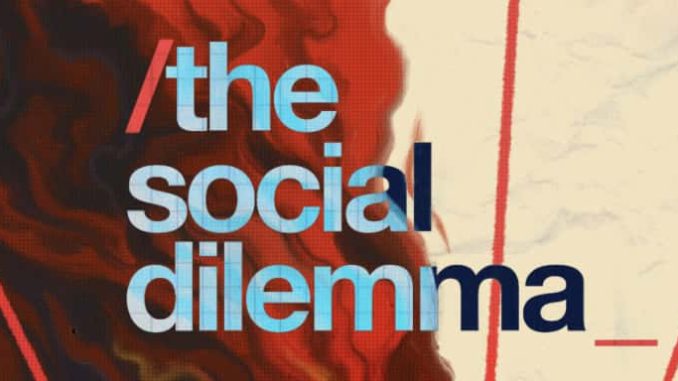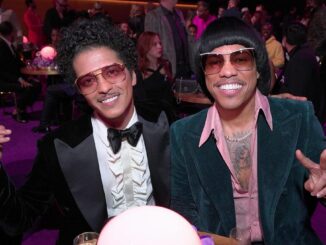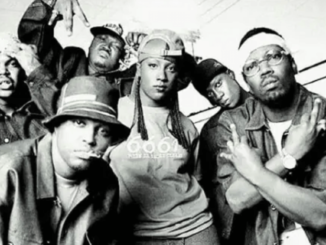
Some of the best memories in music history were a product of the historic annual Grammy Awards. Who could forget Michael Jackson’s fascinating solo performance in 1988 or Celine Dion’s riveting 1997 performance of the heavy David Foster song, “All By Myself,” talk about theatrics? These mega stars and their passionate and creative renditions of art made us tune in year after year.
There was a time when a certain level of music integrity was upheld, when artists had to be able to sing and perform live backed by real instrumentation created by live bands or musicians. Because of that legacy, “Music’s biggest night” holds a special place in the hearts of millions touched by the Recording Academy’s endless effort to bring us the best production honoring the most acclaimed and incomparable talents in music.
However, as music has evolved, along with consumer tastes, the Grammys has struggled to do adequate research and innovate the ceremonious occasion to maintain the prestigious level of credibility and relevancy it once possessed. The result looks something like safe bets being placed at a historic Old Las Vegas casino in desperate need of renovation.
Although the Recording Academy absorbs some accountability for not being more proactive in turbulently changing times, there’s a whole co-dependent system that maintains an archaic response to consumer demand that includes record labels, radio stations, and even, artists’ teams. To this day, these entities still appear to work behind the mantra that they can tell consumers what to like by consistently shoving certain records and artists in their faces — and to an extent, it works, until there’s disruption in that inertia.
The unchallenged institution of power that these entities have in the music industry gives them the fortitude to throw their weight around. In relation to the Grammys, that translates into a number of biased standard operating procedures that hides behind the guise of having a ballot voting process that includes several thousands of Academy voting members. But, there’s a ton of screening that takes place before the ballots even get to these voters.
After records are submitted for consideration — a hot topic this year considering the likes of duo Silk Sonic and rapper Drake backing out from Grammy consideration — an anonymous group of 350 experts screen the projects and then selects the genre or categories they will be placed in. By the time the first-round ballots go out to voting members, they are “directed to vote only in their areas of expertise” for the final nominee list, with special committees making the final say in select categories. Deloitte accounting counts the ballots for nominees, which are then announced publicly before the final vote is placed.
The problem here is that the Grammy Award “reflects the judgement of [the artists’] peers that [their] creative contributions merit recognition of the highest order.” Wouldn’t that be like Burger King and Jack in the Box having a say in honoring McDonald’s at some “best burgers in the industry” event? In other words, should artists’ be judged by their peers, which consists of other performers, songwriters, producers, engineers, instrumentalists, and creators currently working in the recording industry, according to the Academy’s membership website? Wouldn’t that be a gateway for biased and unfair judgements that could snub a deserving talent because of self-interest or trivial reasons?
With the recent announcement of Grammy nominees, the safe bets are evident and the same pattern is in place. However, this time around frustrated fans who have not given up on the Grammy Awards are hoping that the institution won’t bait us with artists rightfully deserving of the prestigious honor only to switch to artists that satiates their own personal interests.
The 65th GRAMMY Awards airs live Sunday, Feb. 5, 2023 on CBS.



